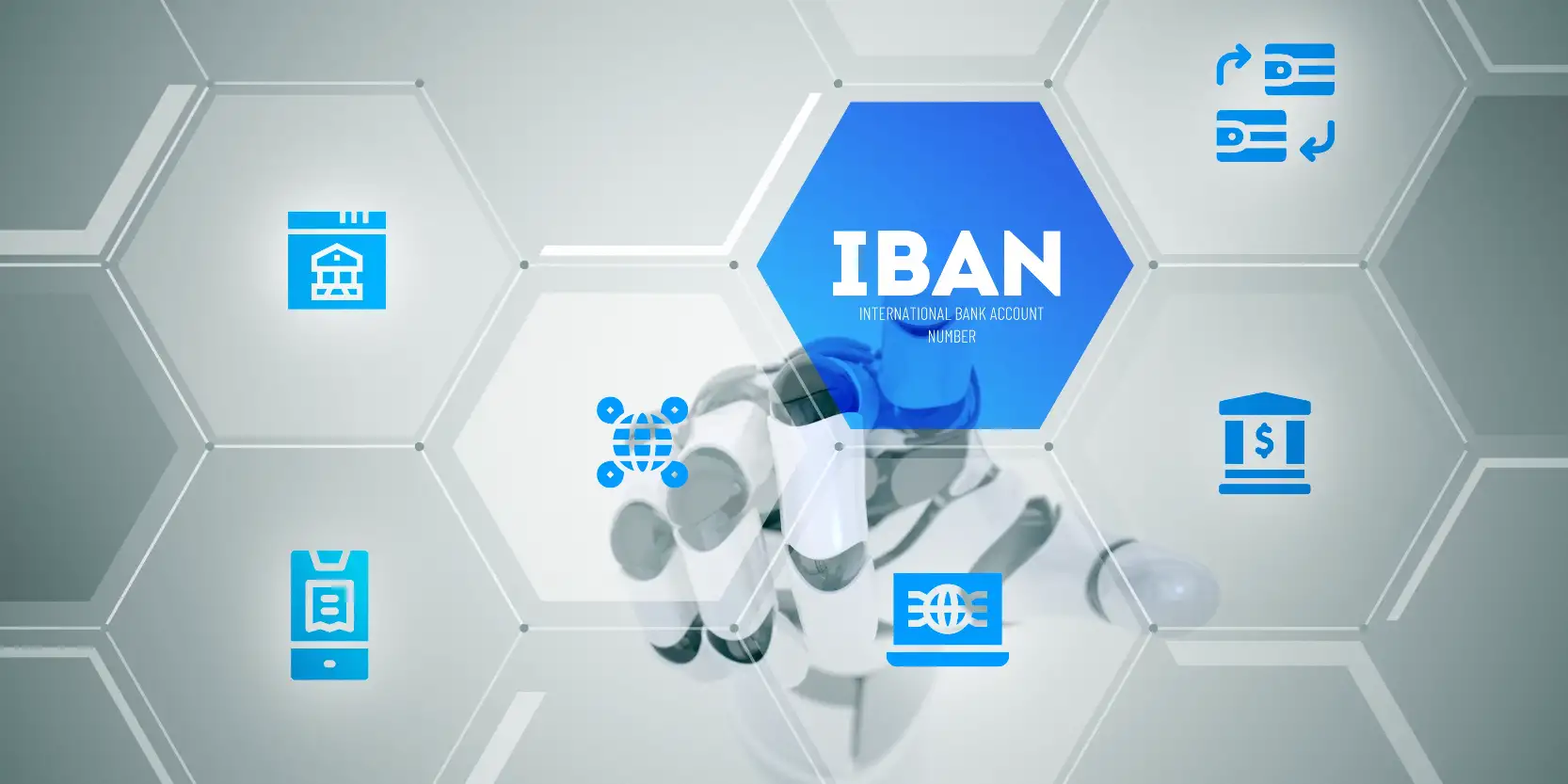The year 2024 marks a slight deterioration in payment behavior in France, with an average increase of +0.45% compared to 2023. While some sectors are improving their payment management, others are still struggling to meet their commitments.
Disparities between business sectors
There are still significant differences between business sectors. Construction, which has long been in difficulty, recorded a -7.25% improvement on its average delay. However, it remains the most affected sector, with delays exceeding 20 days. At the other end of the scale, the automotive trade and repair sector has the best lead times, with an average delay of 11.16 days.
Conversely, some sectors are seeing their situation deteriorate. Accommodation and catering (18.31 days) and administrative services (19.32 days) are among the worst performers, reflecting persistent cash flow tensions.

Large companies, ETIs, SMEs: contrasting practices
Large-scale enterprises (LSEs) are showing an encouraging, if still insufficient, improvement. On the other hand, medium-sized companies (MSEs) are lagging behind in the adoption of best practices, particularly in the digitalization of payments.
SMEs and VSEs remain the most rigorous in meeting deadlines, but their financial fragility makes them particularly vulnerable to blocked receivables.

"In 2024, the average payment delay increased by 0.45% compared with 2023. However, some sectors, such as Construction, saw an improvement, with a drop of -7.25%. Larger companies are making progress in terms of payment delays, while VSEs and SMEs remain vulnerable, despite meeting their commitments. In an uncertain economic climate, payment behaviour is likely to deteriorate if major principals do not step up their efforts."
- Mikaël Delaporte, Data Collection Manager at Ellisphere

The public sector, a poor performer when it comes to payments
A worrying finding emerges from the public sector, where the average payment delay is 19.77 days. If included in the sector comparison, it would rank among the worst payers. As a result, many private-sector companies have decided not to bid for public-sector contracts, due to a lack of guarantees on the punctuality of payments.
This problem could have consequences on a European scale: like Belgium and Italy, France risks being penalized for non-compliance with payment terms directives.
Outlook and challenges for the future
Although electronic invoicing could provide a solution for speeding up payments, only 5% of small and medium-sized businesses are ready to adopt it today. Against this backdrop, payment behaviors could continue to deteriorate if the main ordering parties do not redouble their efforts.
Download our complete study now.



